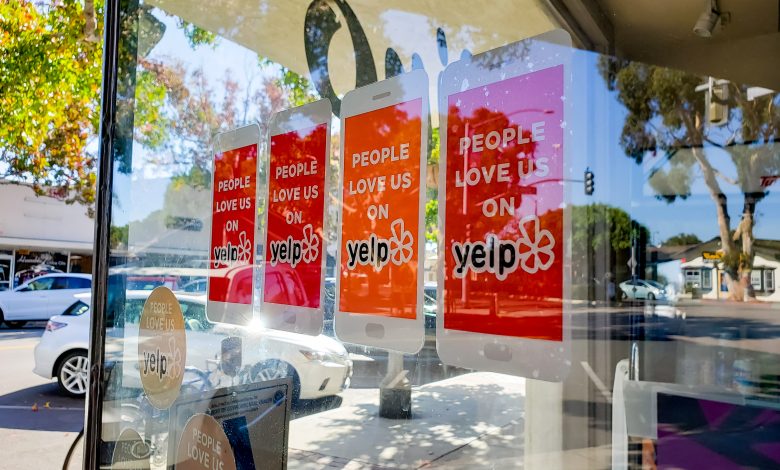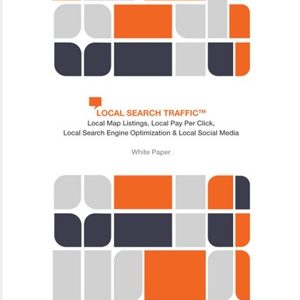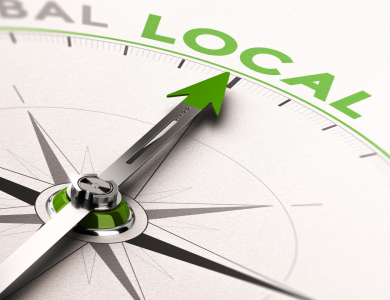
In a recent feature, businesses seeking an edge in local search rankings have been highlighted by using clever names like "Thai Food Near Me."
Intrigued, I decided to investigate whether this strategy could impact local rankings and if other local businesses could replicate it.
Before diving in, let’s consider the good and bad news.
Bad News: Distance Is An Important Ranking Factor
Most restaurants won’t appear as the best restaurants near me unless they are physically located near the search user’s location.
Why? One of Google’s three critical ranking factors for local search results is distance.
Suppose a restaurant owner wants patrons in Phoenix, Los Angeles, Chicago, and New York to find their establishment using the term best restaurant near me. In that case, they must optimize for best restaurant and have a physical location in those cities, and specifically near the searcher’s location.
A key question arises: Does a restaurant need to rank number one in search results as the best near someone in Philadelphia if its only location is in San Diego?
Perhaps — if the restaurant offers something beyond a sit-down dining experience, such as a physical product to ship.
Or, if it’s the best in the region, diners might be willing to travel over half an hour or even plan a getaway to try it.
With hundreds of thousands of monthly searches for terms like best restaurants, best breakfast, best food, etc., near me, it’s tempting to optimize for these phrases.
However, as indicated by the orange to red shaded Keyword Difficulty (KD%) indicators, ranking for many best ____ near me terms could be challenging.
Good News: Relevance And Prominence Also Matter
The good news is that many local businesses don’t need to rank for the best outside of their immediate area to generate profit.
Most restaurant owners only need to attract customers who are physically near them.
The better news is there are several ways to help local businesses boost relevancy and prominence using popular keyword phrases.
Focus On Review Sites With Keyword-Optimized Lists
Encourage customers to leave reviews on popular review sites with keyword-optimized lists like Tripadvisor or Yelp, which already rank for terms like best restaurant near me through pages like the Top 10 Best Restaurants in your city.
Promote Keyword-Optimized Reviews
Identify keyword phrases in customer reviews that you want to optimize for and share those reviews on your website and social media pages.
For example, if a review mentions best restaurant in India, create a blog post featuring this phrase in the title and highlight the review.
Connect With Local Media
Reach out to local journalists, reporters, and reviewers to get featured in articles or features about the best restaurants in your city.
Specifically, find content creators and editors who have written similar content and engage with them on their preferred social networks.
Connect With Social Media Influencers
Remember, Google isn’t the only search engine. 40% of Gen Z now use TikTok and Instagram as alternatives. Consequently, some search terms are also popular on these platforms.
Use the search bar on each network to find influencers posting content with phrases like best restaurants near me or best restaurant in Phoenix. Engage with these influencers and look for partnership opportunities.
Create A New Brand To Target More Keywords
If you want to target more keyword phrases than your restaurant currently ranks for, consider creating new virtual brands. For example, Denny’s created two new virtual brands to capture different keyword phrases. One — The Burger Den — appears on Yelp’s Best 10 Burgers list in various areas.
This approach can help a brand traditionally known for one item become equally famous for another.
It Takes More Than A Clever Business Name
In summary, local search rankings are more dynamic and multifaceted than ever.
While distance remains a critical factor, creative strategies exist that local businesses can employ to optimize for near me and other local search terms.
Featured image: Shutterstock



